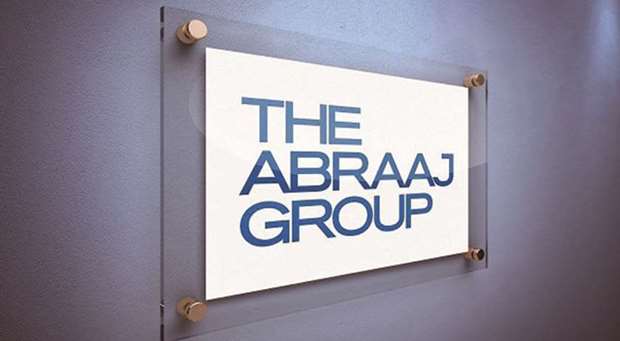Abraaj Holdings had an “unusual” business model reliant on short-term borrowing, and key financial statements are missing or nonexistent, according to one of the firms tasked with salvaging the Dubai-based private-equity firm’s assets.
In a report seen by Bloomberg News, PricewaterhouseCoopers said it has “been unable to obtain standalone annual financial statements or management accounts for the company.” It noted “multiple layers of leverage” as the company borrowed to offset a “long-running liquidity shortfall between the investment management fees and operating expenses.”
This is “an unusual practice for a structure operating in a private equity capacity,” PwC said. “It creates a highly unstable business model, sensitive to volatility and potential liquidity crises, particularly where the cost base cannot be funded by ongoing revenues,” according to the report, which was filed to a Cayman Islands court on July 11.
Deloitte and PwC were hired as the provisional liquidators of Abraaj, once one of the biggest private equity firms in the Middle East, which owes its creditors more than $1bn. After an audit demanded by Bill Gates’s charitable foundation and others, the buyout firm ran into trouble after being accused of mingling investors’ money with its own in a healthcare fund, setting in motion a series of events culminating in a voluntary liquidation filing in the Caymans last month.
PwC said that under Cayman rules, companies like Abraaj, which was founded by Pakistani executive Arif Naqvi in 2002, don’t need to file standalone financials, but it’s “highly irregular” for such a firm not to do so. A spokeswoman for Abraaj said they couldn’t comment on a report that is confidential, while a representative for PwC declined to comment.
PwC, which listed about 10 institutions among Abraaj’s creditors, also said in the filing that the buyout firm failed to maintain standalone audit reports.
“This lack of financial record-keeping raised the question of how the company’s directors were able to ensure that the company was solvent and being effectively managed,” the report said.
Abraaj Holdings posted a loss of $188mn at the end of March after dipping into investors’ money to run its operations, the filing shows. The company owes lenders $1.1bn after the delayed sale of K-Electric in Pakistan led it to tap its healthcare fund without investor consent, according to the report.
From 2014 to 2017, “management fee income and carried interest was insufficient to meet the Abraaj Group’s significant operating costs, with the result that any liquidity shortfall was largely funded through new borrowings,” PwC said.
Though the company has total assets of $1bn, more than $900mn of secured debt is attached to that pool, leaving the net residual asset value at just $147.7mn, according to PwC estimates.
Since the firm’s initial liquidity crisis, allegations of mismanagement in other funds emerged. An audit by Deloitte found that Abraaj still owed $94.6mn to its Private Equity Fund IV after commingling investor funds with its own, according to findings of a review seen by Bloomberg.
The latest PwC report said that Abraaj owes a total of $170.8mn to two funds it manages — Private Equity Fund IV and Infrastructure and the Growth Capital Fund.
The buyout firm has been seeking to sell its fund unit and also the stakes it owns in the funds. Cerberus Capital Management LP and Colony Capital Inc made new offers to buy some of Abraaj’s assets, people familiar with the matter said this week. Discussions on the sale of the firm’s asset management business are ongoing, a spokeswoman for Abraaj said at the time.
Meanwhile, lenders have been reporting their exposures to the firm, with Commercial Bank of Dubai PSC putting its exposure at $166.3mn of secured credit facilities, according to a statement on Thursday. First Abu Dhabi Bank PJSC provided a three-year fully-secured $21.4mn term loan to Abraaj Holdings, while Mashreqbank PSC has an overall exposure of 66.46mn dirhams ($18mn) to Abraaj and its funds, the lenders said earlier.

PricewaterhouseCoopers said it has u201cbeen unable to obtain standalone annual financial statements or management accountsu201d for Abraaj Holdings. It noted u201cmultiple layers of leverageu201d as the company borrowed to offset a u201clong-running liquidity shortfall between the investment management fees and operating expenses.u201d
